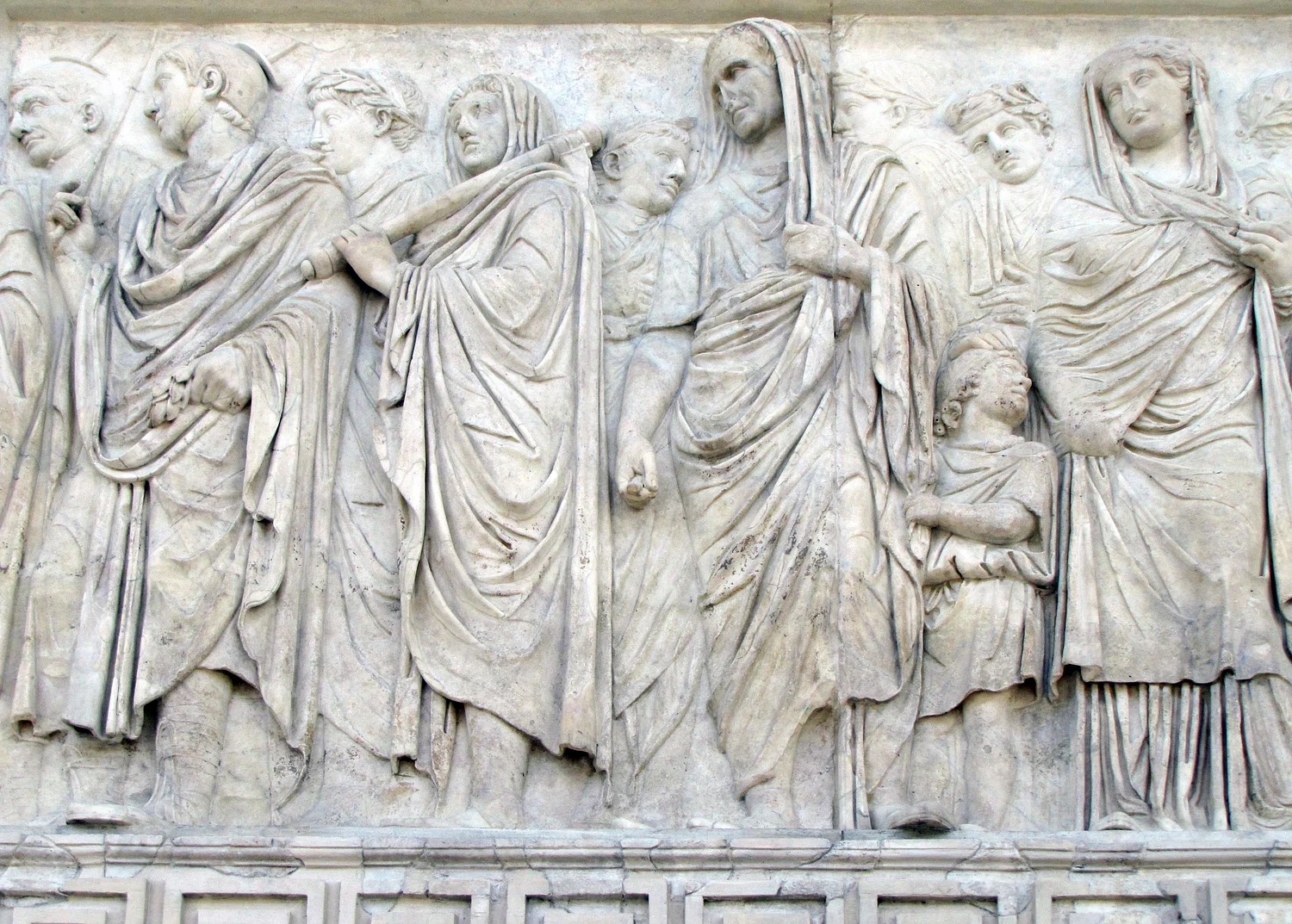CLU33128 Roman Culture and Society in the Age of Augustus

This module concentrates on a critical period of Roman history, when Rome endured recurring bouts of civil war, which eventually resulted in a new experiment in political leadership, the Principate, under Augustus (44 BCE – 14 CE). This period has often been seen as a seminal moment socially and culturally, as well as politically, when a distinctive ‘Augustan culture’ was created. We will study the nature of the social and cultural transformation, questioning the extent to which Augustus was responsible for this ‘Augustan Age’. How did the culture of the civil war period affect the society that emerged? We will examine themes such as war and civil violence, social order and social values, literary culture, religious reform and revival, cultural transformation in the provinces, and leadership and popular consent through close study of the full range of contemporary source material: literature, art, archaeology, inscriptions, and coins.
- Module Organiser:
- Dr Hannah Mitchell
- Duration:
- Semester 2
- Contact Hours:
- 27 (22 hrs of lectures and 5 hrs of seminars)
- Weighting:
- 10 ECTS
- Assessment:
- 50% coursework, 50% exam
- Course Open To:
- Classics, Ancient History and Archaeology; JH Classical Civilisation; JH Ancient History and Archaeology; JH Classical Languages.
Learning Outcomes
On successful conclusion of this module, students should be able to:
- Analyse the cultural and social transformation of the Roman world, c. 44 BCE – 14 CE, with a focus on the agency of individuals and groups in bringing it about or resisting it.
- Analyse relevant textual and visual evidence with consideration of its literary, intellectual, social, and historical contexts.
- Evaluate and apply the major theoretical approaches, debates, and scholarship relevant to the module topic.
- Discuss the above, both orally and in writing, in a clear and scholarly manner.

